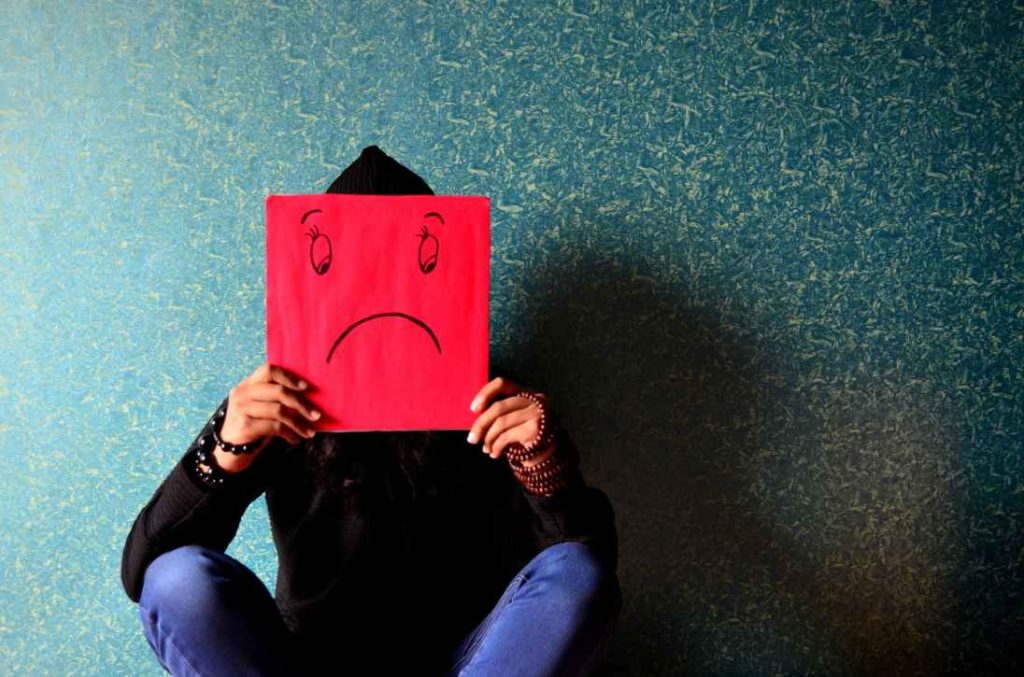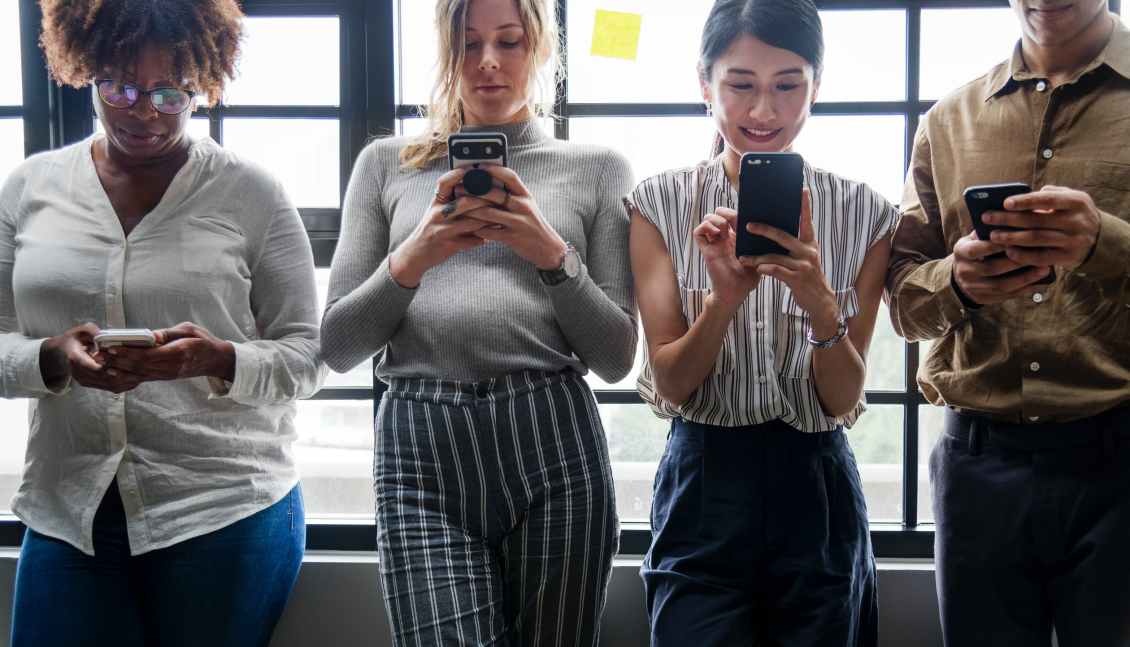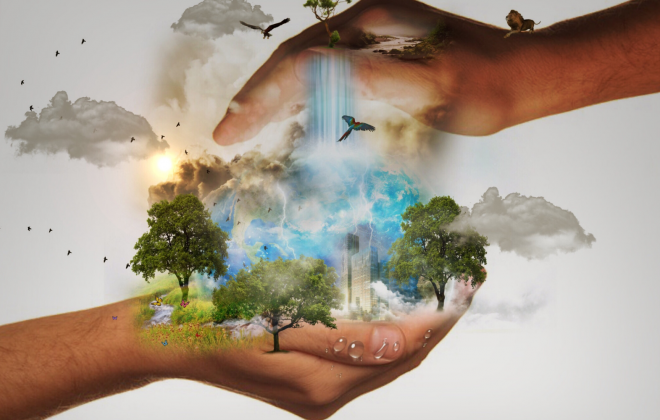Connecting with the Disconnected
In the 21st century where we’re supposed to be able to connect with others easier than ever in the digital world, are we becoming more disconnected with the real world? Perhaps, maybe it’s easier to communicate through a cyber setting because facing reality scares us. Or, we have become so engrossed in the aura of an online space that it’s comforting to “DM” (direct message) a follower on Instagram you find attractive rather than taking the courage to approach them in-person and asking them out on a date. While this may appear as the social norm for most, if not all of us in today’s society, this type of behavior is actually making us feel more isolated, lonely, and disconnected than ever before.
The underlying question is why?
Why does a digital environment often make us feel this way?
We can look at this from a number of different angles whether it’s the scientific or psychological perspective as to what makes human beings truly feel disconnected.
Is it because maybe, the more time we spend browsing online through social media channels like Facebook, Instagram, Twitter, Snapchat, or other platforms actually makes us lose quality and productive time we could have spent with a family, friend, or significant other instead?
Has communicating through a digital space whether that is through messenger or chat made it easier or more difficult to uphold a genuine conversation in real-life?
The answer to those questions will often vary depending upon several factors with the most common ones relating back to the type of person you are–introvert or extrovert as well as your age, gender, occupation, etc.
While social media has made it incredibly simple to communicate with family, friends, and colleagues from all parts of the world, it’s also hindering our interpersonal or “people” skills. According to an academic article, The Effects of Social Media on Communication Skills, “One of the big problems in modern interpersonal communication is the lack of interest people have for face-to-face communication; even today, there are many people (especially millennials, or younger) who prefer to solve work or personal problems via social messaging systems” (AcademicHelp). The issue with this does not necessarily lie in the type of social media platforms people are communicating on, but how they prefer online communication over face-to-face interaction any day.
Once again, the question remains why?
We may never have a solid answer to this, but it’s safe to say that widespread social media platforms like Facebook and countless others have forever changed the way that people communicate with one another. Today, it has become more common than ever to “stay in touch” with people online. Whether this type of online communication includes your work correspondence such as exchanging emails or using a live chat system to speak with your coworkers or texting your mom instead of calling her–it’s fast and convenient. Oh and you don’t actually have to TALK to them, right?! In a way it’s like avoiding the real-life contact and staying in that “comfort zone” that is your instant messaging chat instead. Although we are constantly connected to the digital world; in the real world, we feel more disconnected than ever because the real connection that humans so profoundly crave remains lost.





